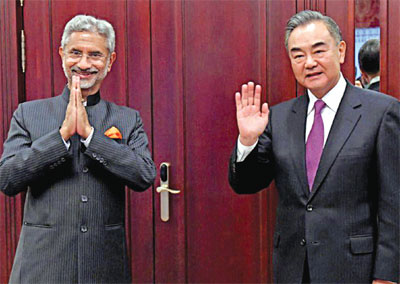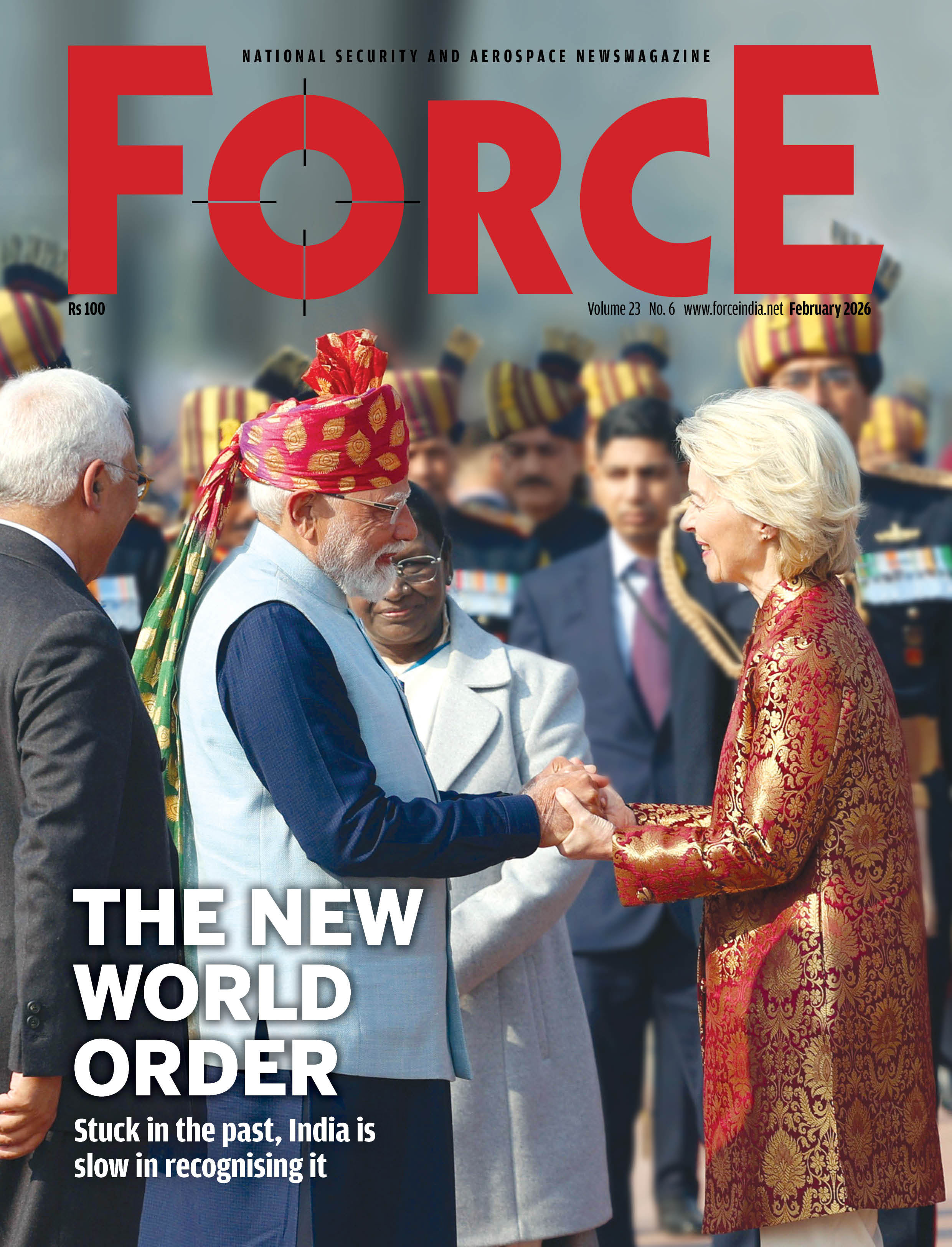Shed the Historic Baggage
 Brig. B.L. Poonia (retd)
Brig. B.L. Poonia (retd)
The statement by chief of army staff Gen. Upendra Dwivedi on 22 October 2024 that the Indian Army and the PLA were exploring ways to restore trust along the LAC is unfortunately being misinterpreted to mean that the Indian Army does not consider the PLA or China, trustworthy. This is a classic example of misinterpretation of the statement to feed the general perception that China needs to be condemned for every possible thing. Afterall, having fought a war in 1962, and having had so many border skirmishes since then, it is but natural for both sides to restore trust. Hence, there is nothing wrong in the Indian army chief’s statement. However, this doesn’t mean that China is not trustworthy. If Indians perceive absence of trust, Chinese people have stronger reasons to do so too.
The point to emphasise here is that we must stop painting China as the villain all the time. Were we honest about our history, we would realise that it was India who was at fault in the lead up to the 1962 debacle. The sooner we accept this bitter truth, the better it would be for our bilateral relations. In this context, Capt. Basil Liddell Hart’s quote comes to mind. He once said, ‘The only thing harder than getting a new idea into the military mind is to get an old one out.’ Many military leaders would agree that the military organisations are highly resistant to change of perceptions, because of their size, complexity and culture.
But this is equally applicable to the civil population too, since every citizen loves her country to a degree that she finds it near impossible to accept her own country being anywhere, other than on the moral high ground. I am sure every Chinese citizen believes so, and so does every Pakistani citizen, when it comes to the issue of Jammu and Kashmir. And the best part is that the citizens of all three countries are ready to die for their beliefs.
But does belief become the truth, just because one is ready to die for it?
It is the historical truth alone that remains supreme, not the beliefs, which are based on the political narrative in their respective nations. India is no exception. And here lies the real problem. When beliefs take precedence over the facts, one is blinded to not only the reality, but future opportunities too.

S. Jaishankar with his Chinese counterpart Wang Yi
Many articles have come up since the announcement by foreign secretary Vikram Misri that India and China have agreed to disengage from Demchok and Depsang. Yet not one article has tried to touch upon the facts of this case. The entire narrative is built upon painting China as the villain, since it gives immense psychological satisfaction. But that is not the way to settle a longstanding border issue. And more than not knowing the truth, the proble
Subscribe To Force
Fuel Fearless Journalism with Your Yearly Subscription
SUBSCRIBE NOW
We don’t tell you how to do your job…
But we put the environment in which you do your job in perspective, so that when you step out you do so with the complete picture.








 VIDEO
VIDEO